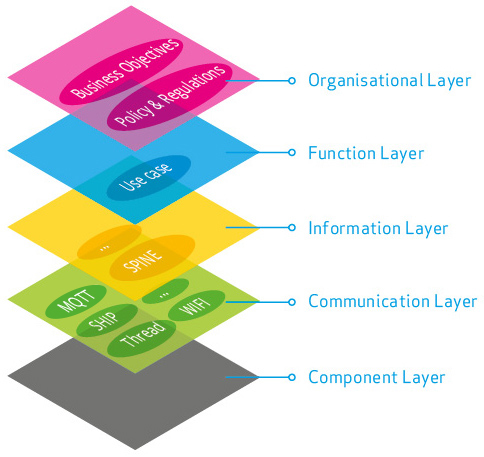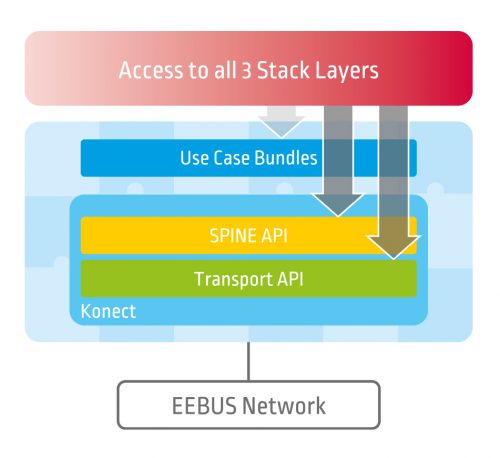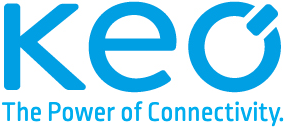KEO brings EEBUS to Life
EEBUS introduces a common language for devices and systems in the new energy world.
About 70 leading international companies and industry associations have joined forces in the EEBUS Initiative e.V. The EEBUS initiative has created a uniform, manufacturer-independent and standardized global device language that allows energy and application-relevant information to be exchanged.
- The only international standard, technology- and manufacturer independent
- Usable as interface between device and energy system on any platform
- Largest cross-domain network
- For tariff optimized energy operation of the building, taking all connected energy consumers into account
- For local load management at the grid connection point
- Integrate energy management into Smart Living systems
- Encrypted plug&play communication
- Full sovereignty over device data and functionality for device manufacturers
- Shape of future regulations in the field of buildings and networks
Convergence with international standards.
- CENELEC EN 50631 (Interoperable Connected Household Appliances)
- ETSI TS 103 410-1 SAREF4ENER (EU Framework SAREF; Smart Appliances REFerence)
EEBUS Vision
Konect: Our basic EEBUS implementation
To ensure maximum flexibility, the EEBUS architecture is based on the SGAM architecture model. The following figure shows an overview of the EEBUS layers and solutions used.
This clean architecture – the clear separation of the layers – is reflected in our implementation of the EEBUS Resource- and SHIP specification.

Konect is the basis of our Solution Sets.
Konect’s SPINE API provides our customers with a building set to access and use detailed EEBUS data models (SPINE). However, working directly on the information level requires a thorough understanding of SPINE and its specifications. You can access other data models (e.g. Modbus, ZigBee or Homekit) by developing mappings on the level of the SPINE API.

Konect’s Transport API provides an interface to transport content to different destinations. This can be realized via the SPINE native TCP/IP protocol SHIP (Smart Home IP) or via other transport protocols (e.g. thread or MQTT).


Konect is available to our customers free of charge for non-commercial use.
We offer Konect in different technologies:
JAVA
Our Java stacks integrate perfectly with existing building and energy management gateways that support multiple applications.
Linux
Our stacks in C++ are applicable to many powerful devices. They are modular and can be flexibly adapted to your resource requirements.
Microsoft Azure Sphere
Our integrated Azure Sphere Stack combines local EEBUS communication with cloud connectivity – Cyber security & Partnering as a Service.
RTOS
For ECUs where low memory consumption and cost efficiency are essential, we offer a MISRA compliant EEBUS stack, our most compact solution.
